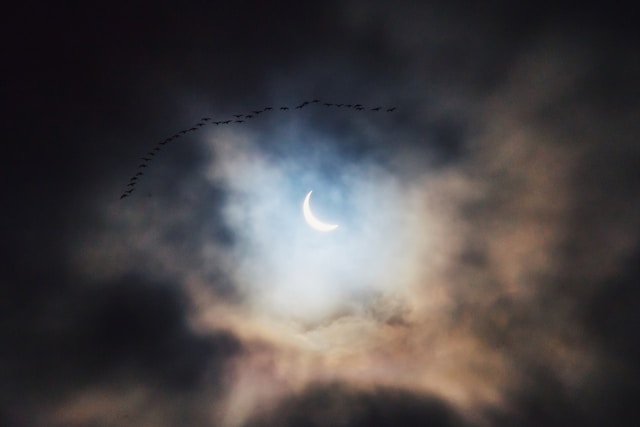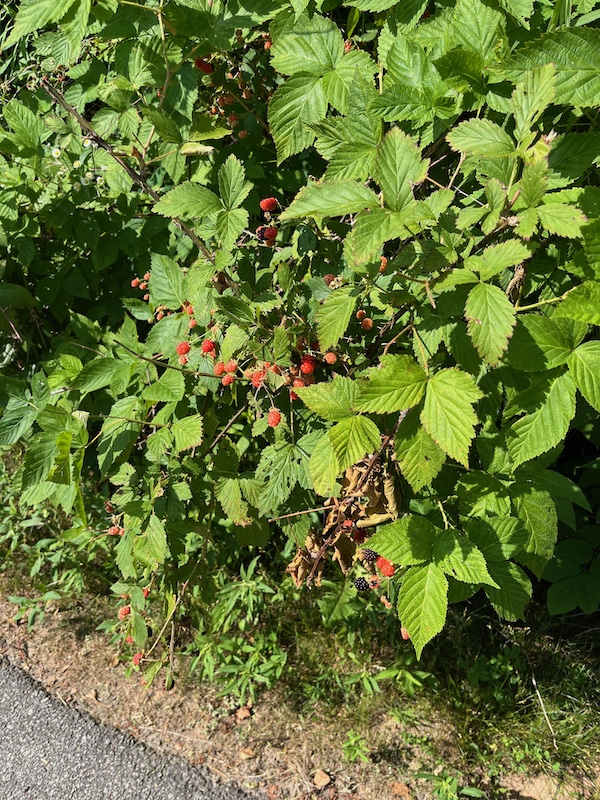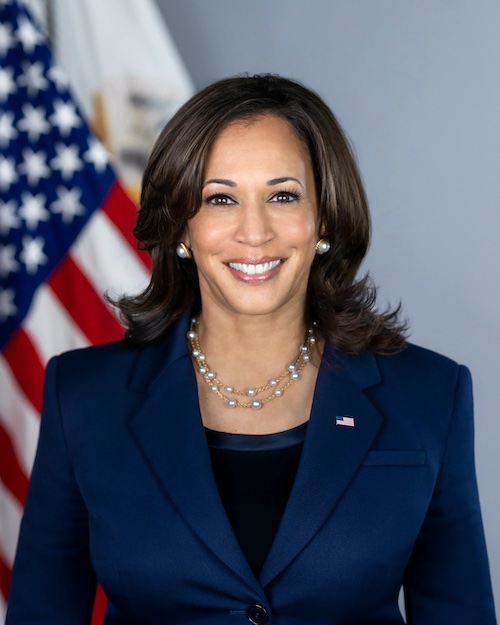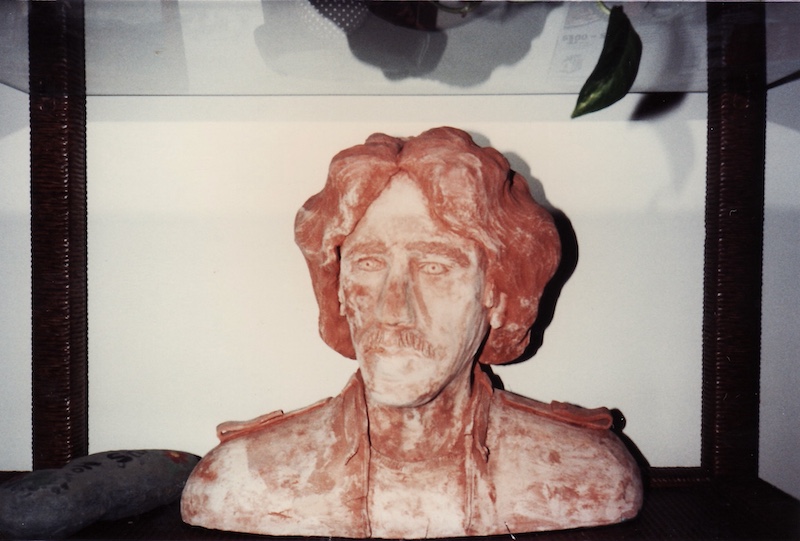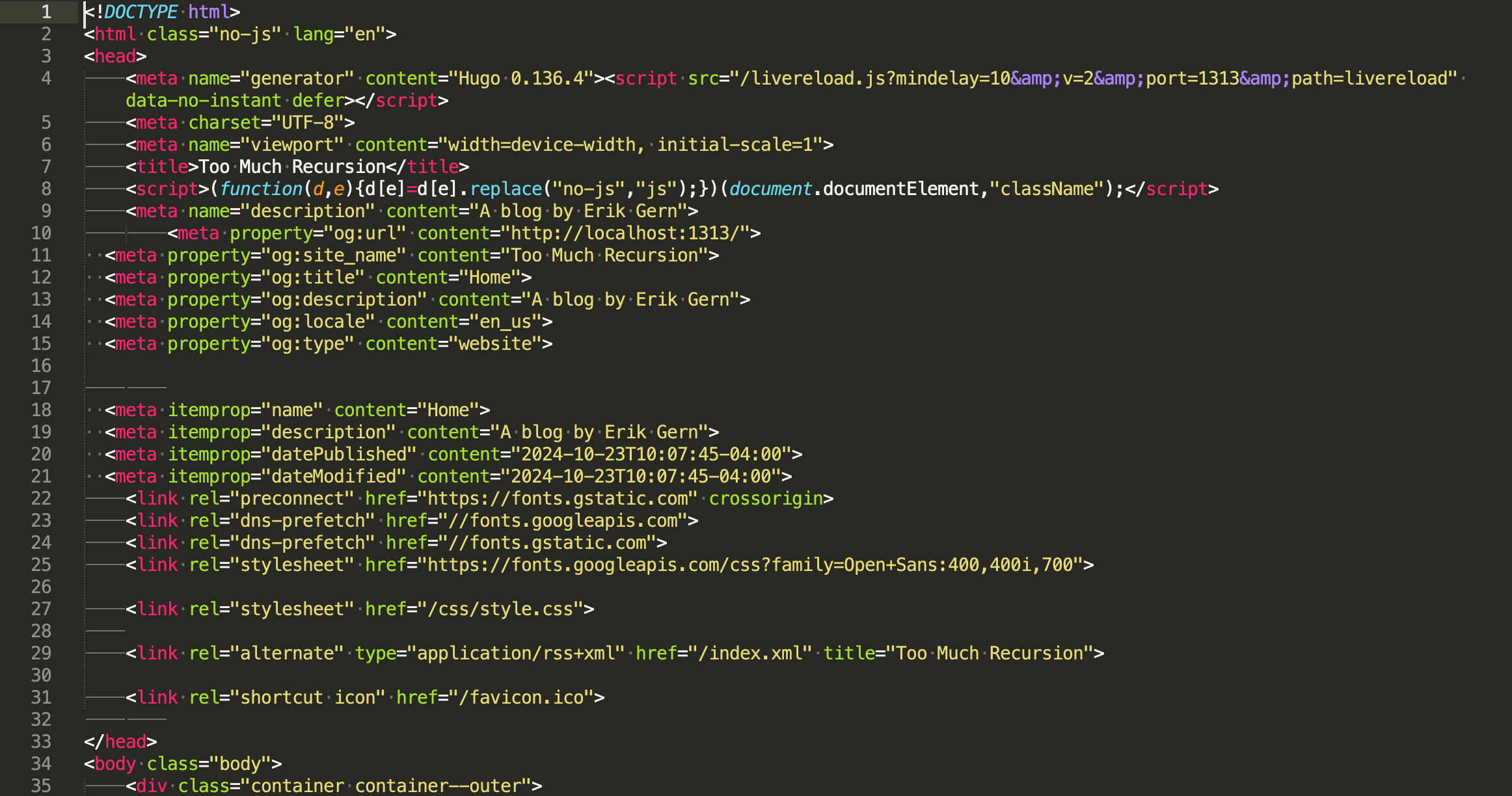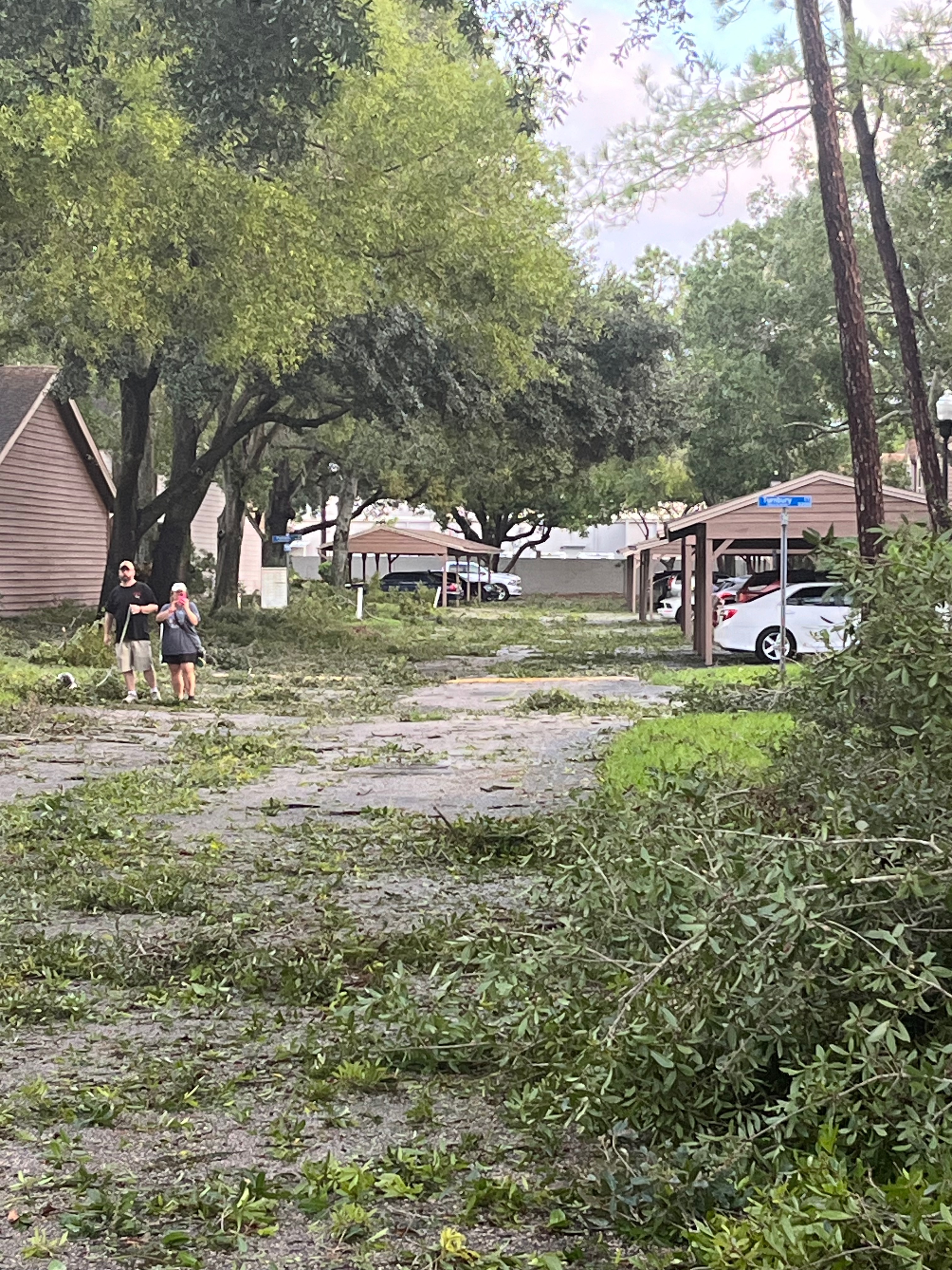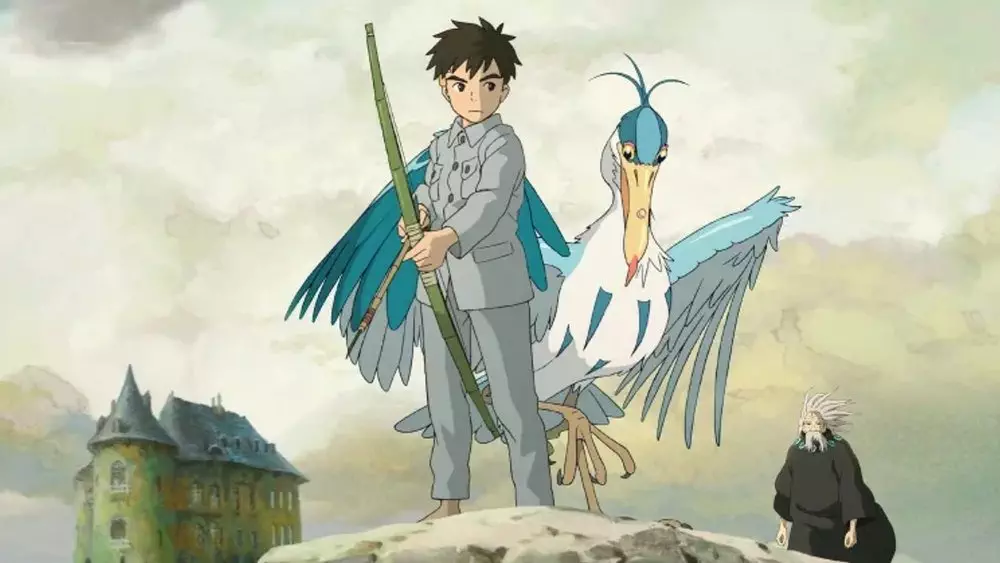
The Tools You Have: Resistance and Feelings of Inadequacy
Photo by Jonathan Cooper via Unsplash.
To this day, I still don’t have a grill. I’ve been ambivalent about the size, the fuel type (charcoal vs gas vs wood), the safety. I was never taught how to use one growing up, so there’s also the burden of learning how to cook what I want. A grilled turkey for Thanksgiving is something I’ve wanted for years, but I’d have to borrow one to even attempt it.
